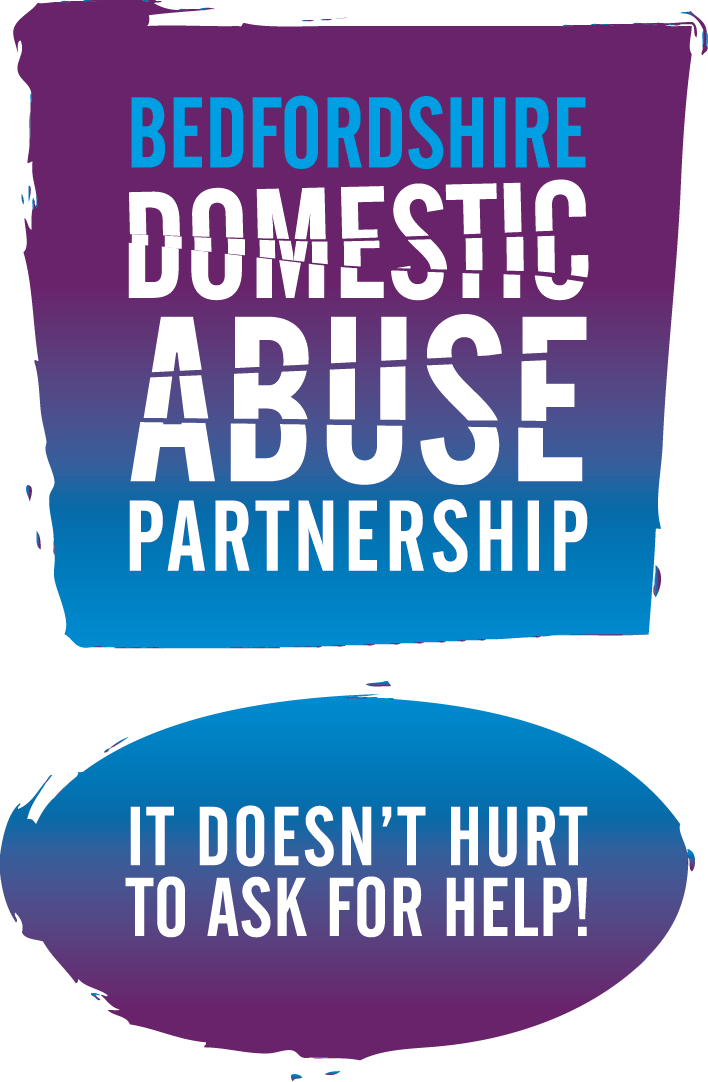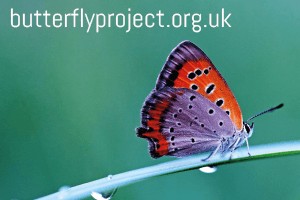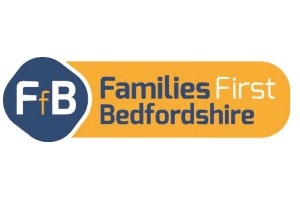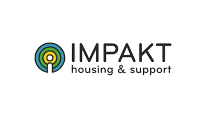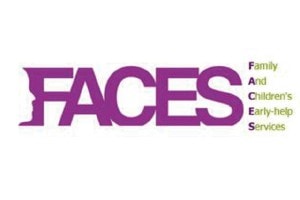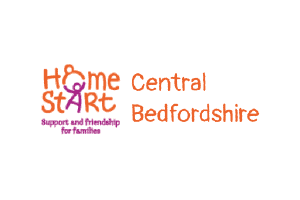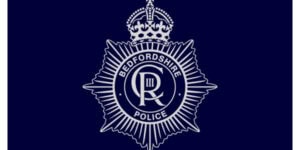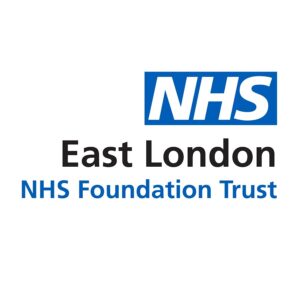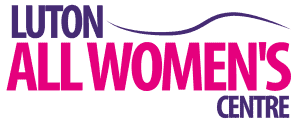People with Physical, Sensory, Learning & Hidden Disabilities
The definition of disability under the Equality Act 2010, section 6, states that someone is disabled if they have a physical or mental impairment that has a 'substantial' and 'long- term' negative effect on their ability to do normal daily activities.
People with physical or learning disabilities have increased vulnerabilities and are more likely to experience abuse than non-disabled people.
- Statistics report that disabled women are twice as likely to experience domestic abuse than non- disabled women, often the abuse is more severe and is experienced for a longer time before disclosure. Victims with a disability are twice as likely as non-disabled victims to have attempted or planned suicide
- The abuse is most often from a spouse or partner, who is also their main carer, or from another family member
- Sometimes, people with learning disabilities, more often women, are targeted by abusers as a way of gaining access to the victim’s benefits and home – cuckooing
A person with physical disabilities who is experiencing domestic abuse, might find it be more difficult to disclose the abuse to others.
- The abuser might attend appointments or is present when professionals or family/friends visit the home
- Speech and language issues might make disclosure difficult
- Fear of disbelief as the abuser presents as caring and considerate to those outside the relationship
- Caring behaviour and controlling behaviour can be confused by professionals and family/friends who see the abuser as caring, failing to recognise that there is abuse
- Lack of familiarity of what domestic abuse is, might mean that an abused person is unable to recognise what is happening to them
- Isolation might prevent disclosure because the person being abused is reliant on their abuser for transport or their mobility
- Sometimes abusers may withhold medication or care from the victim making them fearful of disclosing because of the repercussions to them
- Abusers may control the income/benefits of the victim
- Abusers might use sexual assault/rape as means of ‘payment’ for care
- The abused person might fear that they will have to leave their home if the abuse is reported and that they will be left without the support they need
Services
- RESPOND offers support to those who have experienced domestic abuse. Call 0207 383 0700
- SignHealth offers support for people who are deaf or who have hearing impairments, the resources section of the website has a library of BSL videos and they can be contacted by text on 0780 000 3421
- The Ann Craft Trust offers support and resources for safeguarding people with disabilities
- The Disability Resource Centre, call 01582 470 900
Other services supporting people affected by domestic abuse can be found on the Get Help page of this website.
If you are concerned about someone who is experiencing abuse a referral to Adult Services should be made and a referral to MARAC should be considered (please refer to the MARAC pages). Domestic abuse and/or sexual assault should be reported to the Police.
SafeLives
SafeLives have released a toolkit entitled 'Responding to Victims/Survivors of Domestic Abuse who are Blind or Partially Sighted', to improve support received by victims/survivors or domestic abuse in the UK who are blind or partially sighted. The toolkit gives details for support services, resources and additional literature/research.
Beacon Centre for the Blind
Beacon Centre for the Blind in Wolverhampton have also co-produced a toolkit with blind and partially sighted people who have experienced challenges in accessing domestic abuse support, particularly within refuge settings. It aims to enable domestic abuse charities to feel confident to support visually impaired victims/survivors and to make services fully accessible to them.
